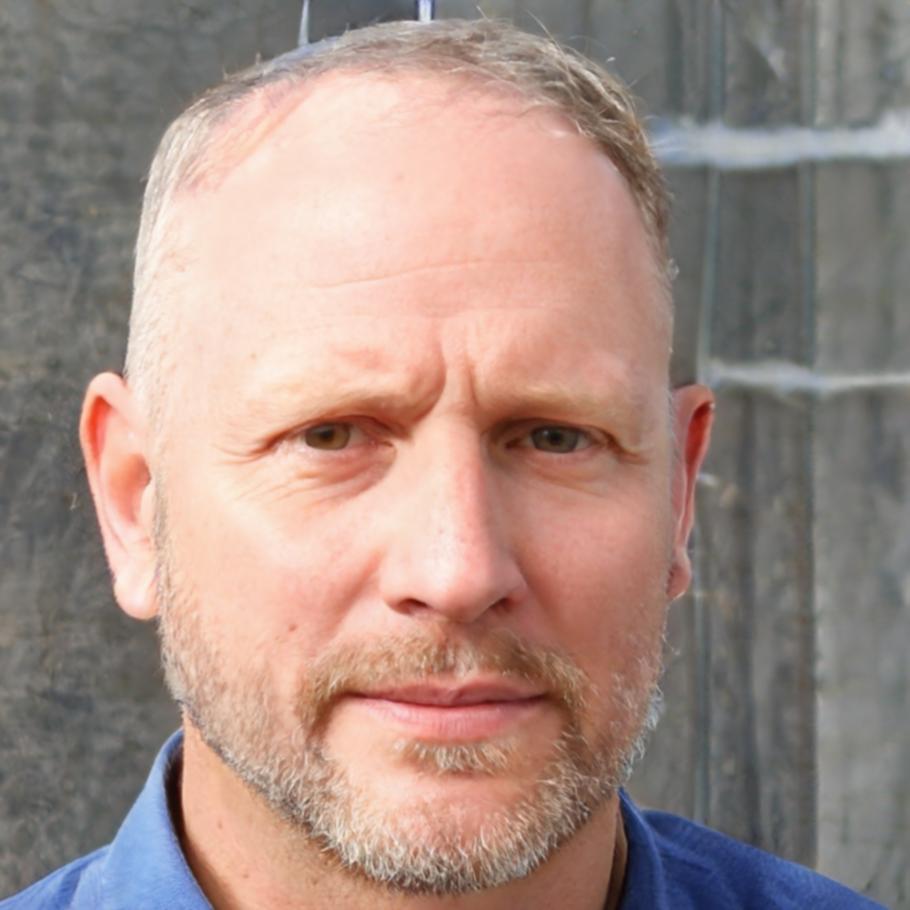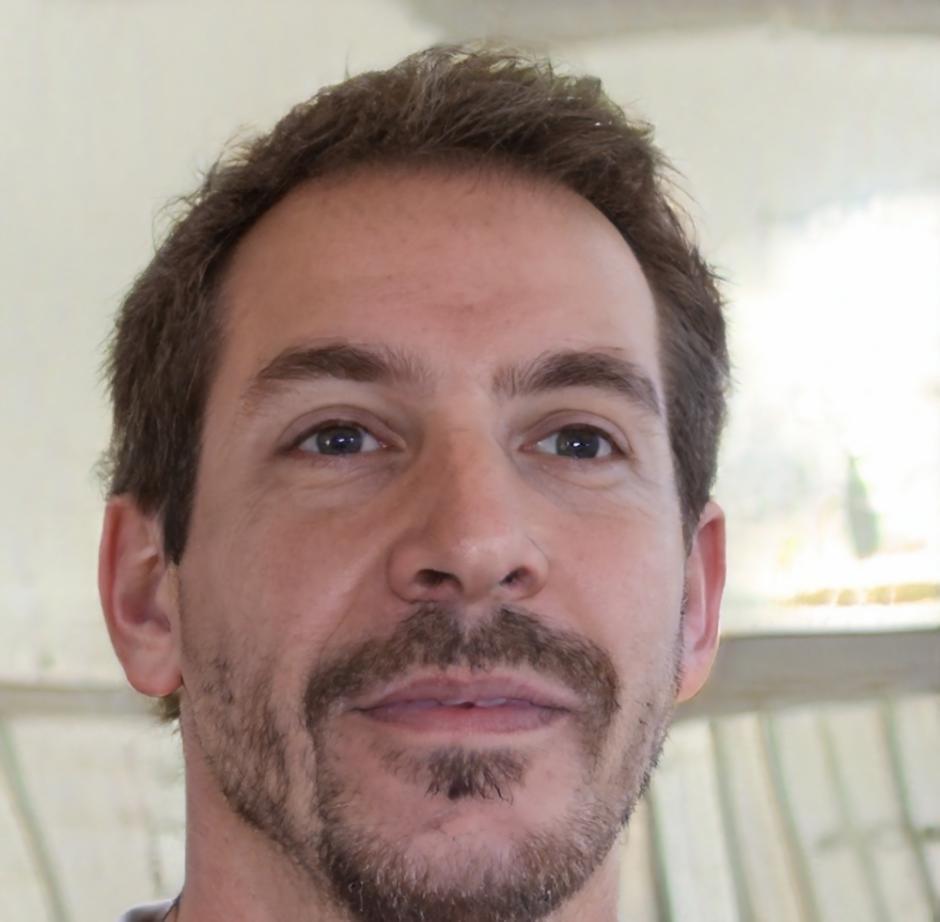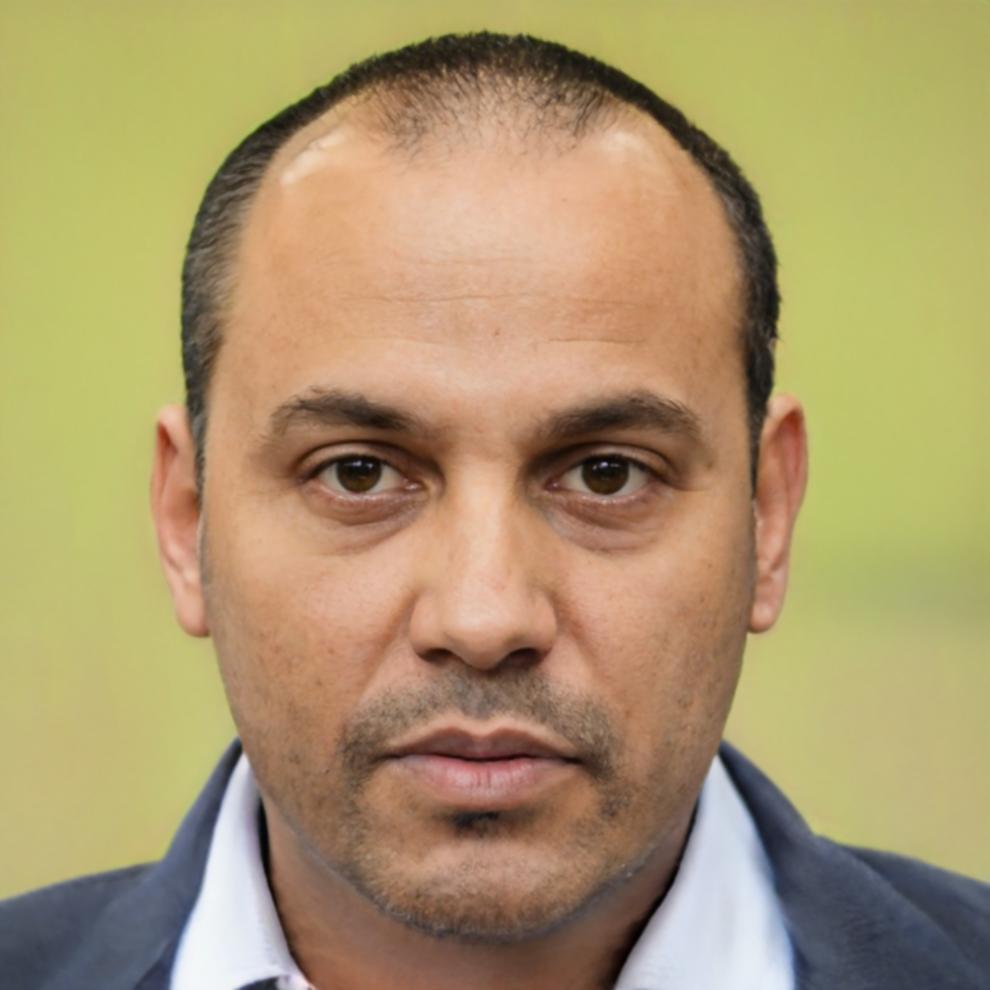Master Business Finance on Your Terms
Building a successful business means understanding the numbers behind it. Our entrepreneurial finance program walks you through everything from basic budgeting to strategic investment decisions—practical skills you'll use from day one.
Start Your ApplicationYour Complete Learning Path
We've structured this program around real business challenges. Each module builds on the last, so you're constantly connecting theory to practice.
Foundation Stage
Get comfortable with the fundamentals. This isn't about memorizing formulas—it's about understanding how money moves through a business.
- Financial statements that actually make sense
- Cash flow management basics
- Pricing strategies that work
- Break-even analysis you can use
Growth Stage
Once the basics click, we move into growth strategies. Here's where things get interesting—and where most business owners need help.
- Forecasting revenue realistically
- Managing working capital
- Understanding profit margins
- Making data-driven decisions
Strategy Stage
This is where you start thinking like a CFO. We cover the strategic side—investments, expansion planning, and risk management.
- Investment evaluation methods
- Capital structure decisions
- Financial risk assessment
- Strategic planning frameworks
Applied Practice
Theory only gets you so far. This stage is all about applying what you've learned to realistic business scenarios.
- Case study analysis
- Business plan development
- Financial modeling projects
- Presentation skills

Learn Through Real Scenarios
Every week, you'll work through actual business situations. We've collected these from Australian startups and small businesses—the kinds of challenges you're likely to face yourself.
Some participants tell us this is where everything clicks. Reading about cash flow is one thing, but working through a scenario where a business needs to make payroll while waiting on invoices? That sticks with you.
You'll also collaborate with other participants. Business finance isn't done in isolation, and neither is learning it. The group work helps you see different approaches and builds confidence in your own decision-making.
Module Breakdown
The program runs for eight months starting September 2025. Each module takes three to four weeks, giving you time to actually digest the material. And yes, we know you're busy—that's why everything's designed to fit around work schedules.
Financial Literacy Essentials
We start with the language of business. By the end of this module, you'll be able to read financial statements confidently and understand what they're telling you about business health.
Cash Management & Operations
Cash flow problems sink more businesses than anything else. This module teaches you to forecast, monitor, and manage cash effectively—skills that matter from day one.
Strategic Financial Planning
Here's where we get into budgeting, forecasting, and long-term planning. You'll learn to create financial plans that actually guide business decisions rather than sitting in a drawer.
Investment & Growth Analysis
Should you expand? Hire? Invest in new equipment? This module gives you frameworks for making these decisions systematically rather than going with your gut.
Risk & Compliance Fundamentals
Not the most exciting topic, but essential. We cover financial risks, basic compliance requirements for Australian businesses, and how to protect your business financially.
Capstone Project
The final month is yours to apply everything. You'll develop a complete financial strategy for either your own business or a realistic case study—complete with presentation and peer feedback.
Meet Your Instructors
These are people who've actually done what they're teaching. No pure academics here—everyone brings real business experience alongside teaching credentials.

Henrik Blomqvist
Program DirectorSpent fifteen years as a CFO for tech startups before moving into education. Henrik focuses on making complex financial concepts accessible without dumbing them down.

Callum Driscoll
Financial StrategyRuns a consulting practice helping small businesses with financial planning. Callum brings current, real-world examples from businesses he's working with right now.

Tomos Gallagher
Investment AnalysisFormer investment banker who now teaches entrepreneurs how to evaluate opportunities. His module on financial modeling is intense but genuinely useful.

Rhys Pemberton
Risk ManagementChartered accountant who specializes in small business finance. Rhys handles the compliance and risk modules, making dry material surprisingly practical and relevant.
How the Program Actually Works
Here's what a typical week looks like, from start to finish.
Live Sessions
Two evening sessions per week via video conference. Each runs about two hours. They're recorded if you can't make it live, but the discussions are worth showing up for.
Tuesday & Thursday eveningsSelf-Paced Work
Between sessions, you'll work through readings, short exercises, and practical problems. Plan on four to six hours per week—manageable if you stay consistent.
4-6 hours weeklyGroup Projects
About once a month, you'll tackle a more substantial case study with a small team. These run over a week or two and simulate actual business consulting work.
Monthly collaborative workOffice Hours
Instructors hold weekly drop-in sessions. Come with questions, get feedback on your work, or just talk through concepts that aren't clicking yet.
Weekly availabilityAssessment
No exams. You're assessed on practical work—case analyses, financial models, and your final project. The focus is on demonstrating you can actually use what you've learned.
Ongoing practical evaluationApplications Open for September 2025
We're accepting applications now for the autumn intake. Program starts September 8th, 2025 and runs through April 2026. Space is limited to maintain quality interaction, so early application is recommended.
Get Program Details